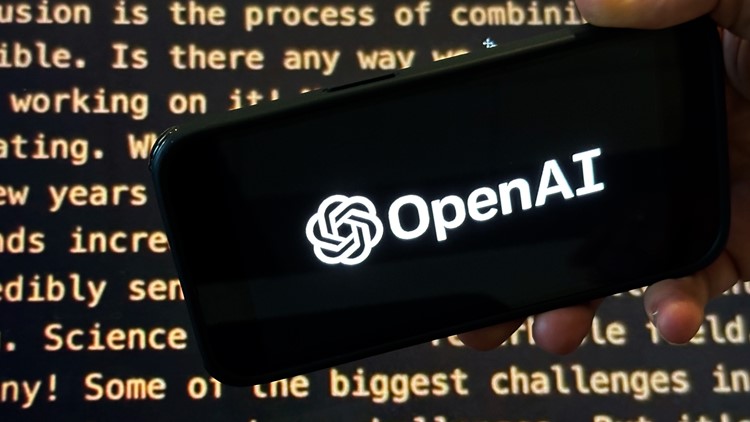SAN FRANCISCO — A former artificial intelligence researcher at OpenAI has died weeks after publicly accusing the company of violating copyright laws, multiple media outlets reported Friday.
Suchir Balaji, 26, was found dead in his San Franscisco apartment on Nov. 26, authorities told The Mercury News, which first reported the story. Police told the outlet there is "currently, no evidence of foul play" in the 26-year-old's death.
San Franscisco's Office of the Chief Medical Examiner confirmed to The Mercury News and CNBC that "the manner of death has been determined to be suicide."
Balaji left OpenAI in August after four years because he “no longer wanted to contribute to technologies that he believed would bring society more harm than benefit,” according to the New York Times, who profiled him in October.
The 26-year-old took to X, formerly known as Twitter, to promote the profile and to detail his opinions about the company and his “skeptical” thoughts about fair use being a sound defense for generative AI products.
"I initially didn't know much about copyright, fair use, etc. but became curious after seeing all the lawsuits filed against GenAI companies," Balaji said on X in October. "When I tried to understand the issue better, I eventually came to the conclusion that fair use seems like a pretty implausible defense for a lot of generative AI products, for the basic reason that they can create substitutes that compete with the data they're trained on."
Balaji also wrote a blog on his website further detailing his concerns with ChatGPT and how Open AI trained programs.
The former researcher and whistleblower's concerns aren’t new as OpenAI has been hit with lawsuits since its release in 2022. The New York Times and Mercury News were among other suits filed by journalists, authors, computer programmers and more. These suits accuse the company of stealing their copyrighted material to train AI.
EDITOR’S NOTE — This story includes discussion of suicide. If you or someone you know needs help, the national suicide and crisis lifeline in the U.S. is available by calling or texting 988. There is also an online chat at 988lifeline.org.



